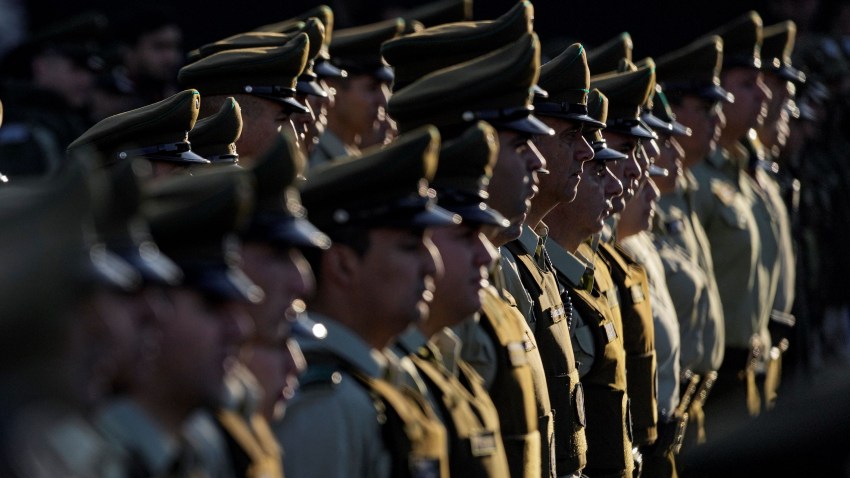Security policy ranked low on voters’ agenda when Gabriel Boric was elected president of Chile. Amid demands for political and economic reform, Boric understandably focused his winning campaign mostly on socioeconomic issues. To the extent that security was salient, it was mostly about reforming the police, which had used excessive force during nationwide protests in 2019 that convulsed the country and ultimately led to a failed constitutional referendum earlier this year.
And yet, security failures are among the top reasons that Boric is unpopular today, less than one year into his term in office. There is a growing perception that crime and violence is increasing in Chile. His government’s inability to quell protests by Indigenous Mapuche communities in the South and truckers’ strikes in the North is also feeding perceptions of a breakdown in law and order. And now that the memories of the 2019 protests have faded, many Chileans believe in retrospect that police acted appropriately at the time, a big change from their views in the immediate aftermath of the demonstrations, in which so many protesters lost their vision due to security forces aiming rubber bullets at their eyes.
Boric’s security challenge is shared by many other left-leaning presidents in Latin America heading into 2023. In the countries where they have gained power, these leaders have usually won by campaigning on economic and social issues, while benefiting from a regional anti-incumbent trend. The opponents they faced—often particularly extreme right-wing candidates who struggled to win over centrist voters—also helped. Now that they are in power, these left-wing leaders are losing support due to security failures, whether or not they are to blame for those problems.

